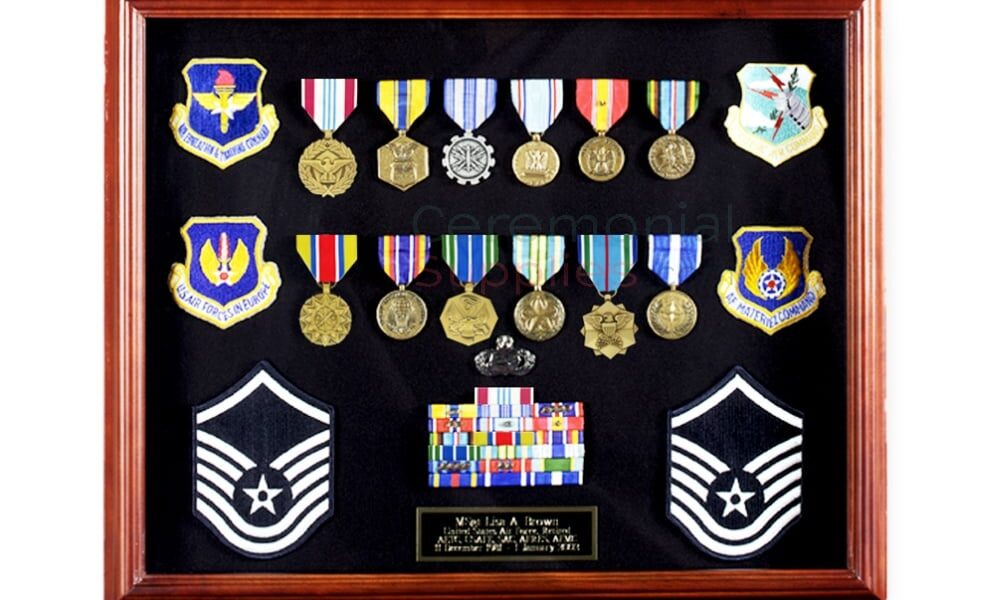Veteran-Friendly Colleges
Veteran-friendly colleges are institutions that provide support and resources tailored to the unique needs of military veterans. These schools understand that veterans face challenges in higher education that differ significantly from those of traditional students, and they strive to create an environment that fosters success for those who have served.
Understanding Veterans’ Needs

Veterans often face a range of challenges when they return to civilian life. These can include physical and mental health issues, financial difficulties, and the need to balance family responsibilities with academic pursuits. Recognizing these challenges, veteran-friendly colleges have initiatives in place to support these students.
Academic Support
Providing targeted academic support programs is crucial. Many colleges offer tutoring, study groups, and workshops specifically designed for veterans. Some institutions have veteran-specific orientations to help ease the transition from military life to academia.
Credit for Military Experience
A significant advantage for veterans is receiving academic credit for military training and experience. Colleges that recognize military coursework can substantially reduce the time and cost required to earn a degree. The American Council on Education (ACE) often helps institutions translate military experience into college credits.
Financial Aid and Scholarships
Veterans can access various financial aid options. The GI Bill provides substantial educational benefits, but navigating its complexities can be challenging. Veteran-friendly colleges often have dedicated financial aid advisors to help veterans maximize their benefits. Additionally, many schools offer scholarships and grants specifically for veterans.
Health and Wellness Services
Mental health support is a critical component. Many veterans face PTSD, anxiety, and depression. Colleges with robust counseling services and support groups can make a significant difference in their academic and personal lives. Health services that cater to physical injuries common in veterans are also vital.
Veteran Centers and Support Networks
On-campus veteran centers provide a dedicated space for veterans to connect, study, and find resources. These centers often serve as a hub for information on academic advising, career services, and mental health support. Peer-to-peer networks foster a sense of community and provide additional support.
Examples of Veteran-Friendly Colleges
Syracuse University
Syracuse University is renowned for its support of military veterans. The institution offers the Institute for Veterans and Military Families (IVMF), which provides a wide range of programs and services designed to meet the needs of veterans. Their comprehensive support network includes educational programs, employment resources, and entrepreneurship training.
University of Southern California (USC)
USC provides a dedicated Veterans Resource Center that offers academic, financial, and personal support. They also have the Master of Business for Veterans (MBV) program, which caters specifically to military personnel and veterans looking to leverage their experiences in the business world.
University of Texas at Austin
The University of Texas at Austin has a strong commitment to veteran students. They offer the College Credit for Heroes program, which helps veterans translate their military service into academic credit. The Veteran Services Office provides a wide array of resources, from academic advising to health services.
Northeastern University
Northeastern University’s Center for the Advancement of Veterans and Servicemembers (CAVS) ensures that student veterans receive the support they need. Their programs include academic advising, career services, and mental health resources. They also offer unique experiential learning opportunities that cater to the strengths of veteran students.
Online Education for Veterans
Online education can provide the flexibility that veterans need, especially those who are balancing work, family, and school. Many veteran-friendly colleges offer online degree programs with dedicated support for remote learners. These programs often include virtual advising, online tutoring, and digital access to veteran resources.
Arizona State University (ASU)
ASU Online is highly regarded for its veteran support. They offer a wide range of degree programs that can be completed entirely online. ASU’s Pat Tillman Veterans Center provides comprehensive services to both on-campus and online veterans.
Liberty University
Liberty University offers numerous online programs and has a dedicated Office of Military Affairs. They provide assistance with tuition, military benefits, and advising, ensuring that veterans have everything they need to succeed in their academic pursuits.
Career Services for Veterans
Transitioning from military to civilian careers can be challenging. Veteran-friendly colleges often have specialized career services that include resume writing workshops, interview preparation, and job placement assistance. These services are tailored to leverage the skills and experiences that veterans bring to the civilian workforce.
Veteran-Friendly Employers
Partnering with veteran-friendly employers, these colleges can provide direct pathways to employment. Job fairs, internships, and networking events are just a few ways that schools support veterans in their career endeavors.
Mentorship Programs
Many institutions offer mentorship programs that pair veterans with alumni or industry professionals. These mentors can provide guidance, advice, and networking opportunities, helping veterans navigate their career paths more effectively.
The Role of Student Organizations
Student organizations play a vital role in creating a supportive community for veterans. Groups like the Student Veterans of America (SVA) provide a platform for veterans to connect with each other, share experiences, and advocate for their needs. These organizations often work closely with the administration to improve veteran services on campus.
Networking and Advocacy
Networking opportunities through these organizations can lead to valuable connections in the veteran community and beyond. They’re also instrumental in raising awareness about veterans’ issues and promoting policies that support veterans on campus.
The Importance of Faculty and Staff Training
Faculty and staff play a crucial role in supporting veteran students. Veteran-friendly colleges invest in training programs to help educators understand the unique challenges veterans face. This can include understanding PTSD, accommodating physical disabilities, and appreciating the diverse backgrounds of military students.
Developing Supportive Policies
Training programs also help in developing policies that are sensitive to the needs of veterans. This can include flexible attendance policies for those facing medical treatments or appointments related to their service.
Utilizing Technology for Support
The use of technology is increasingly important in providing support for veteran students. From online counseling services to virtual career fairs, technology allows colleges to offer a broad range of services to veterans, even those studying remotely.
Telehealth Services
Telehealth services provide accessible mental health support. Veteran-friendly colleges often have partnerships with telehealth providers to ensure veterans have access to counseling and therapy, regardless of their location.
Continuous Improvement
Veteran-friendly colleges are committed to continuous improvement. They regularly seek feedback from veteran students to identify areas for improvement. This feedback informs the development of new programs and the enhancement of existing services.
Award and Recognition Programs
Many institutions participate in award and recognition programs that celebrate their commitment to veterans. These can include the Military Friendly Schools designation and other national recognitions. Such accolades help schools attract more veterans and resources to enhance their programs further.
Conclusion
Veteran-friendly colleges are essential in providing the support that military veterans need to succeed in higher education. By understanding and addressing their unique challenges, these institutions help veterans transition smoothly into academic life, ensuring they have the tools and resources to achieve their educational and career goals.
“`



